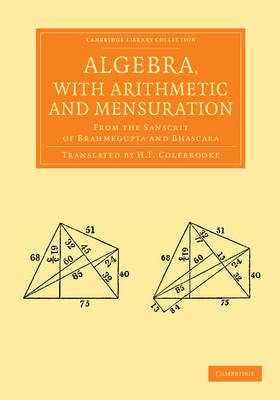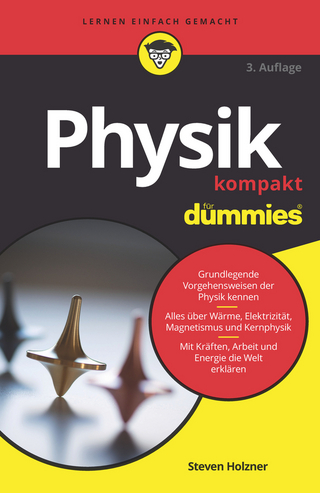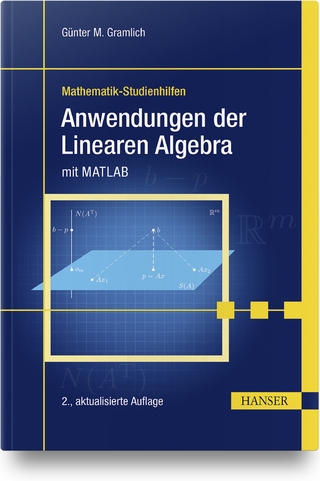
Algebra, with Arithmetic and Mensuration
From the Sanscrit of Brahmegupta and Bhascara
Seiten
2013
Cambridge University Press (Verlag)
978-1-108-05510-9 (ISBN)
Cambridge University Press (Verlag)
978-1-108-05510-9 (ISBN)
Scholar and East India Company administrator Henry Thomas Colebrooke (1765–1837) brought India's rich mathematical heritage to the attention of the wider world with this book, first published in 1817. It is a compilation of classic works by Indian mathematicians Brahmagupta (598–668) and Bhascara (1114–85), translated into English.
The scholar and East India Company administrator Henry Thomas Colebrooke (1765–1837) brought India's rich mathematical heritage to the attention of the wider world with the publication of this book in 1817. Based on Sanskrit texts, it contains English translations of classic works by the Indian mathematicians and astronomers Brahmagupta (598–668) and Bhascara (1114–85), who were instrumental thinkers in the development of algebra. Included here are translations of chapters 12 and 18 of Brahmagupta's best-known work, Brahmasphutasiddhanta, focusing on arithmetic and algebra respectively. Also included in this book are translations of two of the greatest works by Bhascara: Lilavati, his treatise on arithmetic, and Bijaganita, on algebra. Furthermore, Colebrooke's introduction aims to position the Indian advancement of algebra in relation to its development by the Greeks and Arabs.
The scholar and East India Company administrator Henry Thomas Colebrooke (1765–1837) brought India's rich mathematical heritage to the attention of the wider world with the publication of this book in 1817. Based on Sanskrit texts, it contains English translations of classic works by the Indian mathematicians and astronomers Brahmagupta (598–668) and Bhascara (1114–85), who were instrumental thinkers in the development of algebra. Included here are translations of chapters 12 and 18 of Brahmagupta's best-known work, Brahmasphutasiddhanta, focusing on arithmetic and algebra respectively. Also included in this book are translations of two of the greatest works by Bhascara: Lilavati, his treatise on arithmetic, and Bijaganita, on algebra. Furthermore, Colebrooke's introduction aims to position the Indian advancement of algebra in relation to its development by the Greeks and Arabs.
Dissertation; Part I. Bhascara: 1. Introductions; 2. Invocation; 3. Miscellaneous; 4. Mixture; 5. Progression; 6. Plane figure; 7. Excavations and contents of solids; 8. Stacks; 9. Saw; 10. Mounds of grain; 11. Shadow of a gnomon; 12. Pulverizer; 13. Combination; Part II. Algebra: 1. Invocation; 2. Pulverizer; 3. Affected square; 4. Simple equation; 5. Quadratic, etc., equations; 6. Multilateral equations; 7. Varieties of quadratics; 8. Equation involving a factum of unknown quantities; 9. Conclusion; Part III. Brahmegupta: 1. Arithmetic; 2. Algebra.
| Erscheint lt. Verlag | 18.4.2013 |
|---|---|
| Reihe/Serie | Cambridge Library Collection - Perspectives from the Royal Asiatic Society |
| Übersetzer | H. T. Colebrooke |
| Zusatzinfo | Worked examples or Exercises |
| Verlagsort | Cambridge |
| Sprache | englisch |
| Maße | 178 x 254 mm |
| Gewicht | 820 g |
| Themenwelt | Mathematik / Informatik ► Mathematik ► Algebra |
| Mathematik / Informatik ► Mathematik ► Geschichte der Mathematik | |
| ISBN-10 | 1-108-05510-9 / 1108055109 |
| ISBN-13 | 978-1-108-05510-9 / 9781108055109 |
| Zustand | Neuware |
| Haben Sie eine Frage zum Produkt? |
Mehr entdecken
aus dem Bereich
aus dem Bereich


